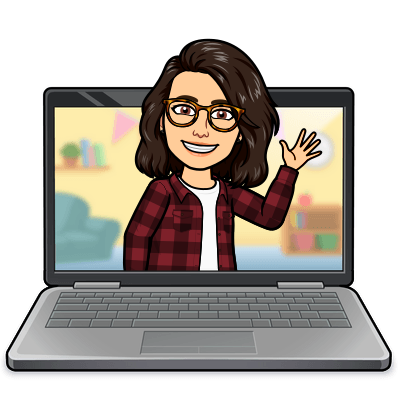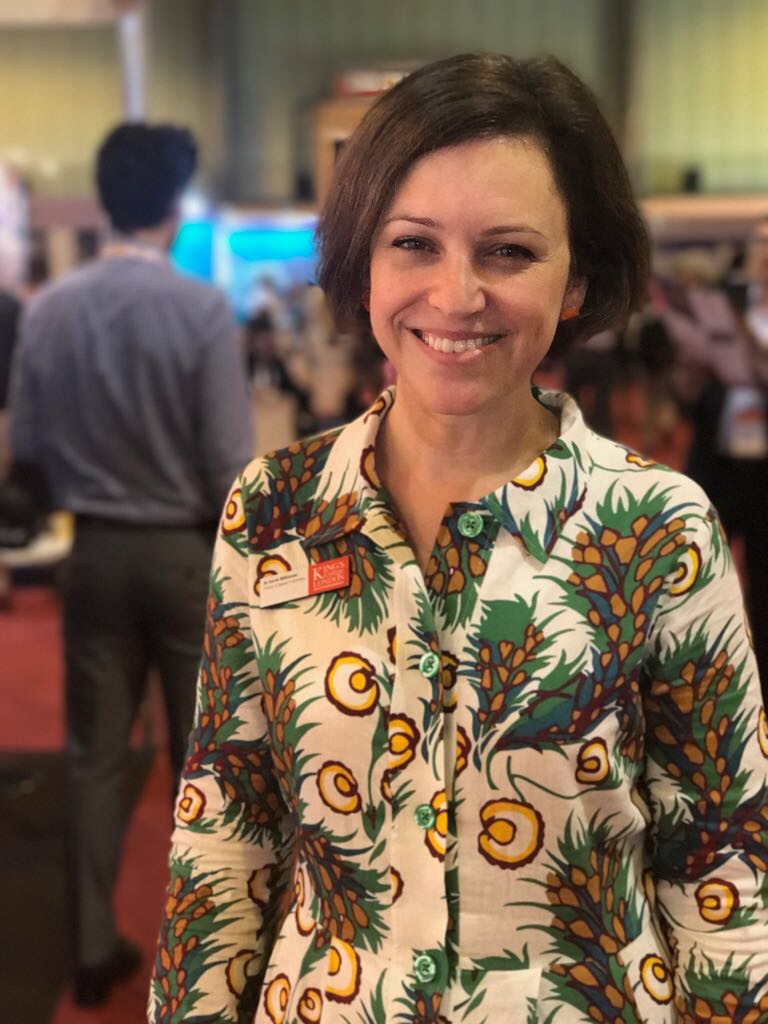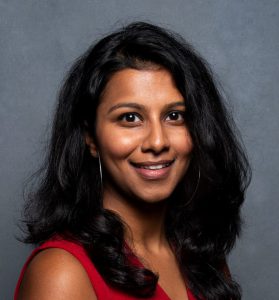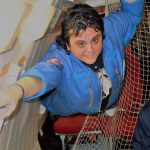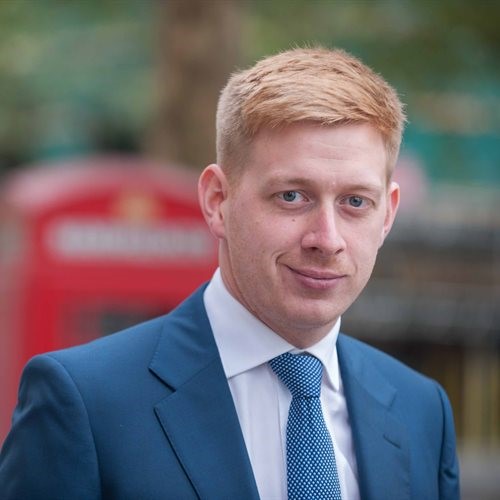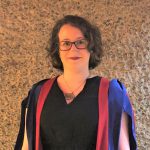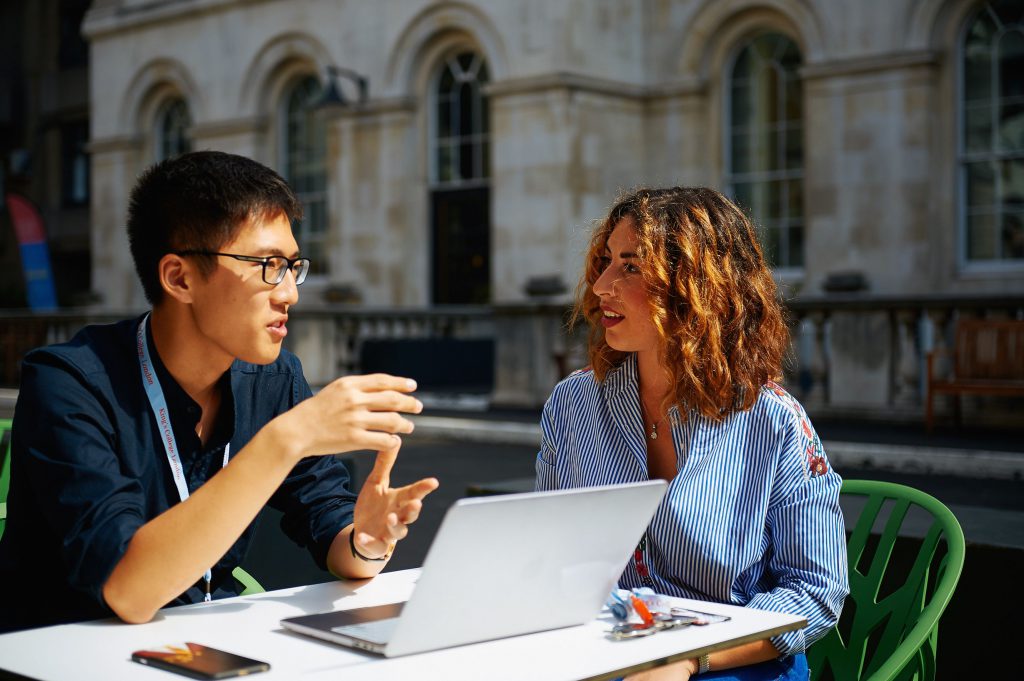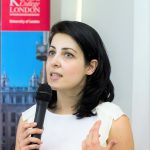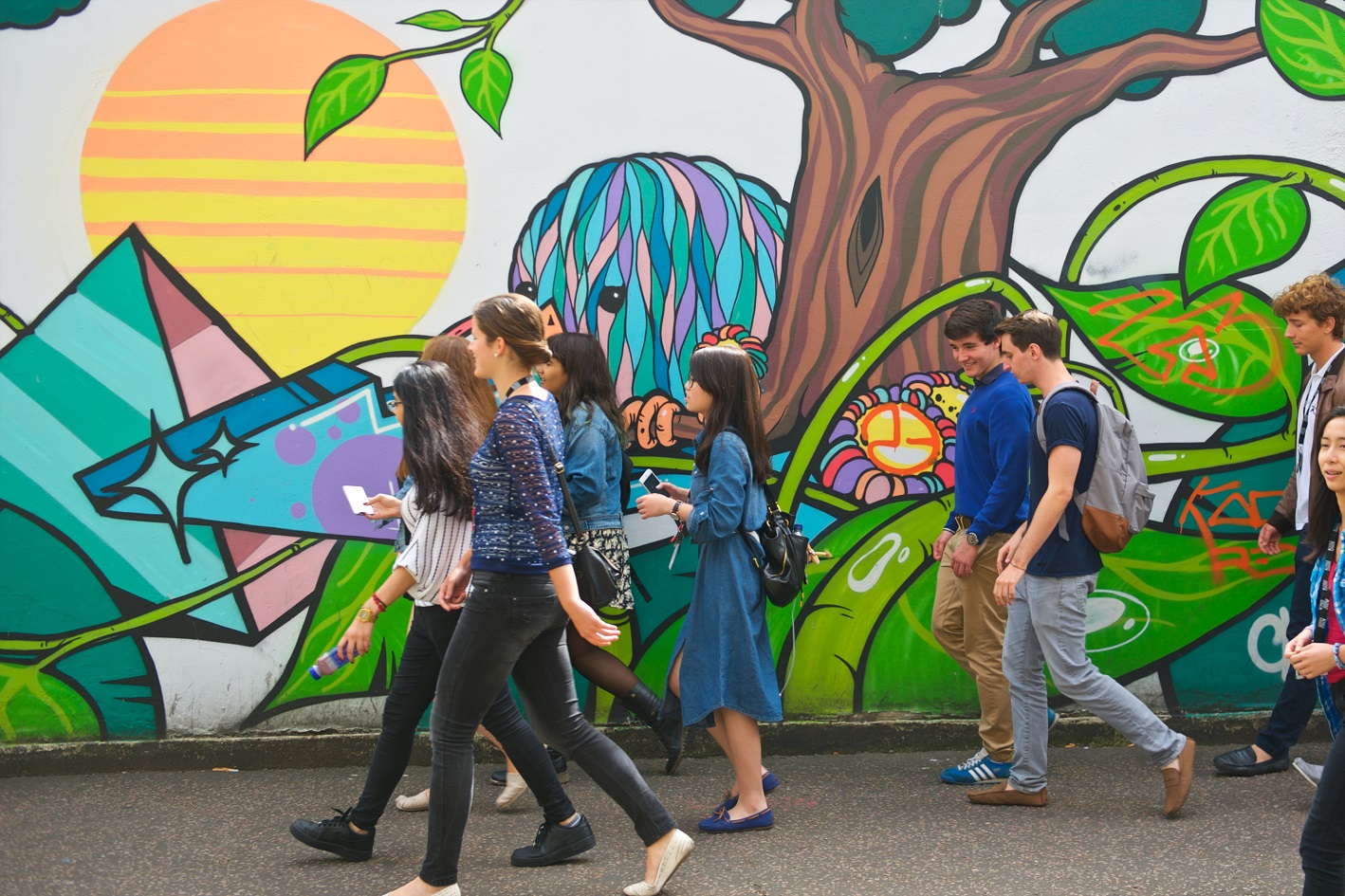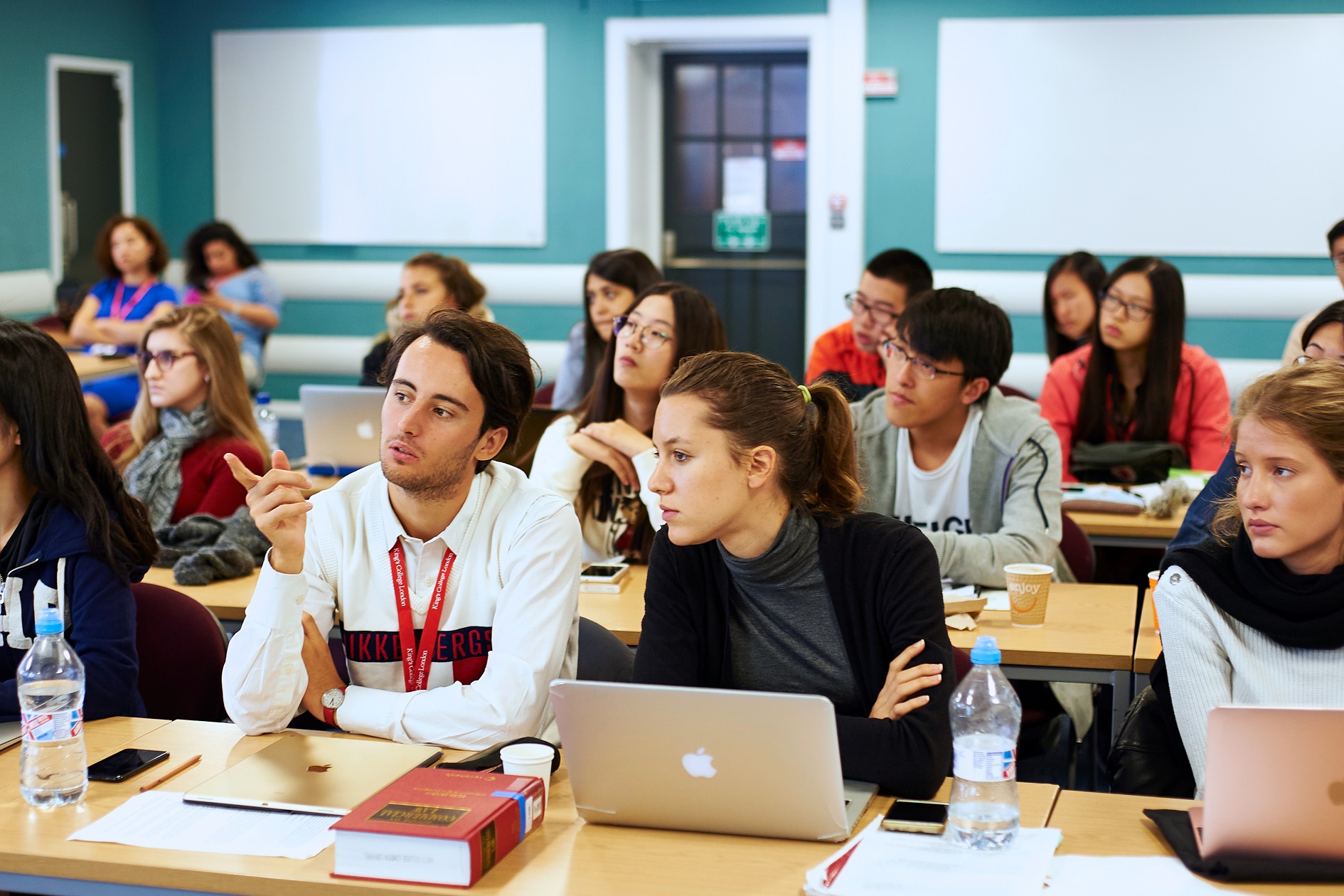Hannah Bond is Associate Director – Learning and Teaching for Summer Programmes at King’s College London.
Education plays a key role in the fight against climate change and education institutions must prepare learners of all ages to with the ‘knowledge, skills, values and attitudes to address the interconnected global challenges we are facing’ (UNESCO, 2021). One of the ways universities and schools can equip young people with the skills and knowledge they will need, is through developing sustainability skills – the ‘knowledge, abilities, values and attitudes needed to live in, develop and support a sustainable and resource-efficient society’ (UNIDO, 2021).
Sustainability skills are relevant to all disciplines and levels, summer schools included. In July 2021, King’s Pre-University Summer School launched the inaugural Global Challenge to help prepare our students to address complex challenges and empower them to make informed decisions to positively impact society and the planet. Modelled on a hackathon – an event in which a large number of people meet to engage in a specific topic or challenge – the Global Challenge is an intensive problem-based group project that students complete alongside their subject studies.
Students are the future changer makers; they are integral to forging a more progressive world and advancing the Sustainable Development Goals (SDGs). Therefore, it is the role of the education sector to properly equip students with this sustainability knowledge, skills, confidence and to understand complex issues so they can play a transformational role in helping to build a sustainable and inclusive future we can be proud of – and understand the cross-collaboration which is needed to get there.
King’s Sustainability Officer Alexandra Hepple, who contributed her expertise to the project
We recognise that summer schools offer students a transformative, intensive learning experience where they can learn alongside other young people from a wide range of geographical, cultural and academic backgrounds, and we recognise that such diversity can drive new approaches and creative problem solving. A key requirement of the project is that students address a global problem in a collaborative, thoughtful way, working with teammates from a wide variety of disciplines and backgrounds.
Beyond developing skills directly related to sustainability, the Global Challenge aims to develop students’ creative problem solving and academic skills as preparation for university and beyond, with an emphasis on critical thinking, communication skills and teamwork. It also builds students’ understanding of sustainability, at a global level as well as in relation to their own lives and communities, and their exposure to varying perspectives/experiences
In its first year, the Global Challenge project was adapted for online delivery due to the pandemic. Students learned about the factors contributing to food insecurity around the world, working together to identify solutions and communicate these to different audiences.
“We discussed source reliability when sharing our findings. We also conducted research on the topic of the UN SDGs and how certain SDGs had links to our topic and we discussed ways we could incorporate them into our final activity.
We were able to all make very well structured arguments that were backed up by evidence and research. This skill is not only crucial to our future when in university but also to our current lives in high school.”
Lucas
For King’s Summer Programmes, Hannah Bond delivered a well-received presentation on ‘Hacking’ the Sustainable Development Goals: Facilitating global problem solving in short term programming at the 2021 EAIE Conference 2021, sharing the fresh work being done at King’s with the wider international education community. As our summer schools return to on-campus teaching in 2022, the prospect of running the Global Challenge in person is an exciting one.


